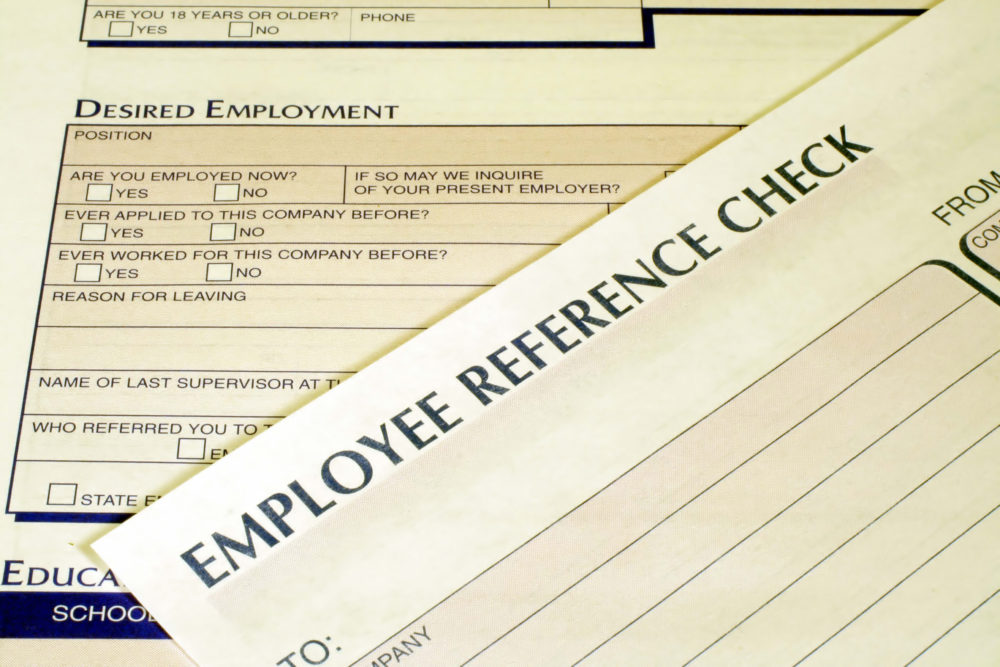The issue of providing job references is becoming increasingly problematic. Peter Done, founder of employment law specialist Peninsula, says, ‘Over the years, we’ve probably all come across references with very ambiguous wording and meaning, such as, “I am sure that a new employer will find him as useful as we did,” i.e. useless. However, a number of high-profile cases relating to references have brought the situation to a head, so now a reference from an employer must be not only accurate as a whole but also accurate in the sum of its parts.
‘For instance, employers often leave out particular issues and decide to only stipulate positive remarks, such as saying the employee was popular with staff and customers alike. This might appear at first glance to be fine, but silence on the issue of how an employee happened to leave – for example, by being dismissed for theft – would not make it an accurate reference in the sum of its parts. A future employer hiring this person and then suffering loss through theft as a result could therefore be in a position to sue you for damages.’
References not required by law
‘Contrary to popular opinion, there is actually no requirement that an employer must provide a reference, except in a few specialist industries,’ continues Done. ‘Recently, a case was featured in the press where a woman refused a reference was awarded £200,000 by a tribunal – this raised a few eyebrows! However, the story behind the headlines was that the woman had succeeded in a tribunal claim for discrimination harassment and the employer, having lost the tribunal, then inappropriately answered a number of enquiries about the woman from prospective employers. The tribunal, at the woman’s request, decided that this amounted to ongoing discrimination and awarded £200,000 to the woman on top of the original award of around £7,000.
‘Therefore, this case has not set a precedent that means an employer now has to provide a reference when asked – it simply means that harassment should not continue into the provision of the wording of a reference.’
Keep it simple
Common practice on giving references these days is to provide a statement of employment, such as saying the person was employed for a given time frame and perhaps a description of the job title or a description of duties. This would not include comment with regard to competency or suitability for any future role.
For independent financial advisers and people working in the finance industry, the Financial Services Authority dictates certain requirements relating to references and standards. Clearly, any information provided in references has to be provided in compliance with those rules.
One further issue to consider about this question is whether the written warning on the file is current or has lapsed or will lapse shortly, as it would be unfair to report on a warning that has lapsed and where there has been no reoccurrence. There are also strict rules for the taking up of references for potential employees who will work with children or vulnerable adults. Those rules must be followed so that necessary information is disclosed to prospective employers.





